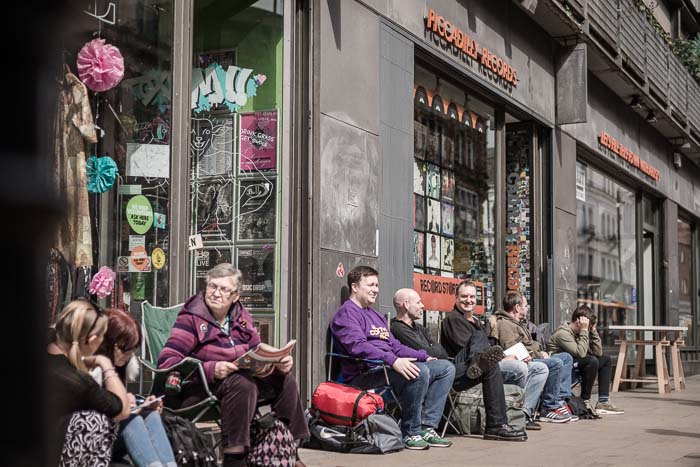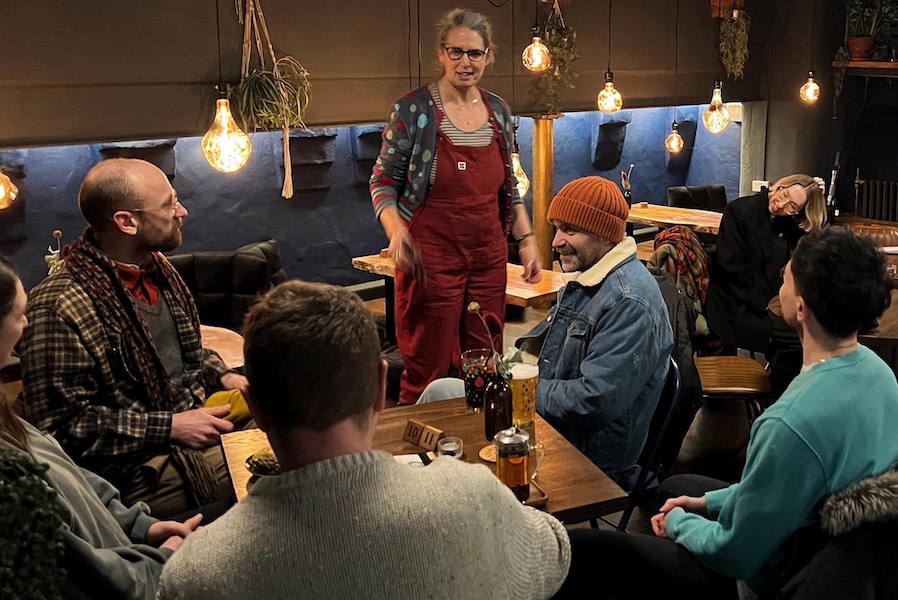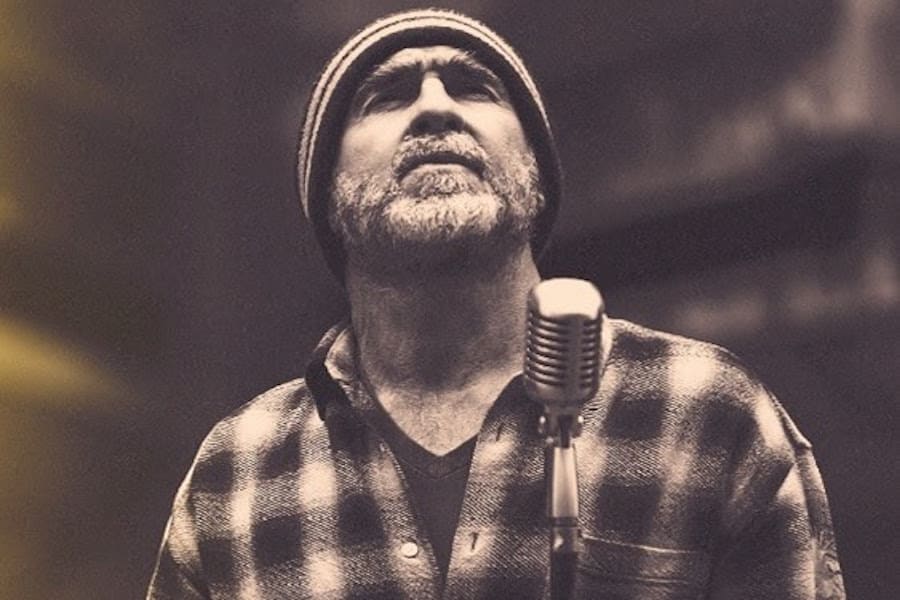Celebrating iconic black artists who helped shaped Manchester’s musical landscape
- Written by Thom Bamford
- Last updated 5 months ago
- City of Manchester, Featured, Music
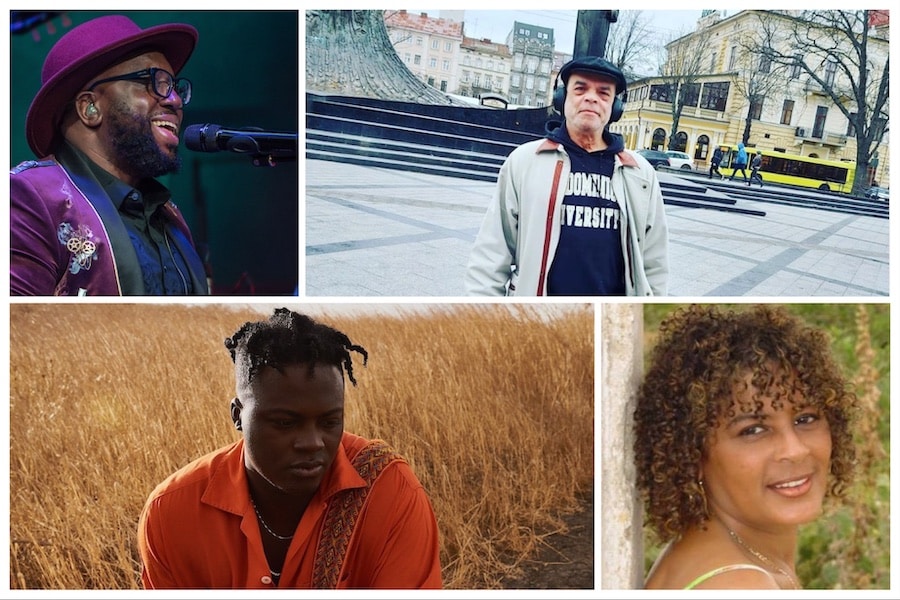
It’s Black History Month in Manchester, and what better way to honour the occasion than by celebrating the under-appreciated world-class Black musicians who have lived in the city, performed at cultural landmarks and recorded here?
It is time to recognise those who have helped shape the legacy of the city’s incredible music scene.
We spoke to esteemed music journalist, historian, and broadcaster Karen Gabay to put together a list of six unsung Black artists and iconic cultural spots that have left a lasting impact on Manchester’s musical heritage.
These names may not always be front and centre, but their contributions reach far beyond the city and have influenced the global music scene. They have truly made their imprint on world music, not just in the UK and Europe.
From international chart-toppers to record-breaking streams and legendary live performances, here’s the scoop on six people and places in Manchester’s Black musical history that deserve more attention.
Adio Marchant (Bipolar Sunshine)
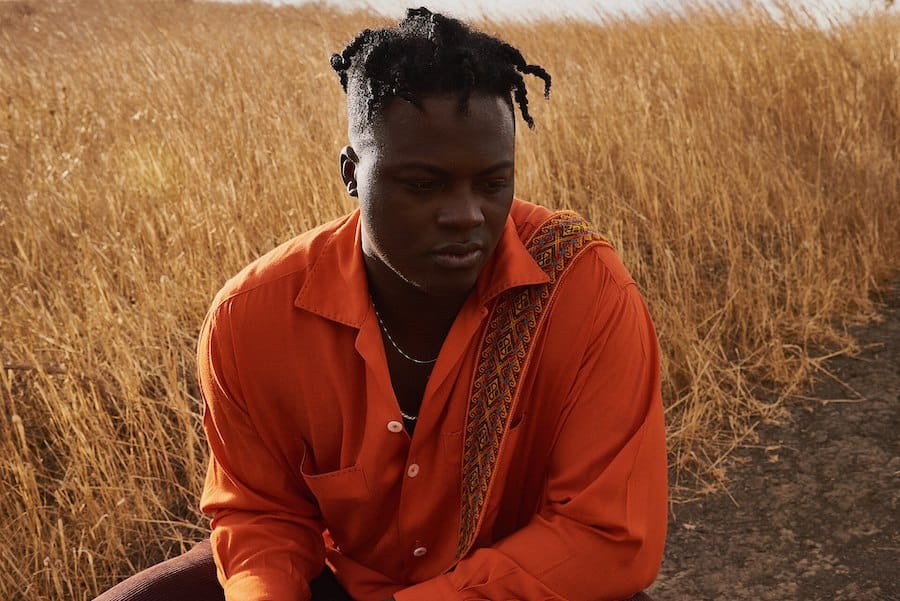
Originally from Chorlton, Adio Marchant—better known as Bipolar Sunshine—first made waves as one of the co-lead singers of the Manchester-based band Kid British.
When the band split in 2013, Marchant launched a solo career that has since skyrocketed, especially across the Atlantic in the U.S.
As Bipolar Sunshine, Marchant blends a unique mix of genres, including indie pop, soul, and R&B. His talent as a singer-songwriter has led to collaborations with global stars, including his co-writing credit on Beyoncé’s hit Brown Skin Girl from The Lion King: The Gift album.
Marchant has collaborated with fellow Mancunian Laura White, and also lent his vocals to major tracks like DJ Snake’s Middle, which became a massive success in both the UK and the U.S., amassing over a billion streams.
Karen said: “Marchant’s international acclaim is undeniable.
“He’s performed at renowned festivals like Coachella, supported Beyonce at Old Trafford in 2016, and his genre-spanning work continues to grow.
“Despite his international success, his roots in Manchester remain integral to his story, with his mother—a maths teacher—often being mentioned in interviews. I interviewed Adio and his mother. They are both wonderful people. ”
Luke Smith: The Keyboard Virtuoso from Longsight

Luke Smith’s musical journey began in the church in Longsight, where he honed his skills as a keyboard player.
Today, Smith is an in-demand session musician, producer, and performer who has worked with some of the biggest names in the music world, including Amy Winehouse, George Michael, Sugababes, BB King, and even Stormzy.
A masterful keyboard player, Smith contributed to Amy Winehouse’s critically acclaimed debut album Frank as a co-writer and producer.
His career spans genres and continents, with live performances at events like Glastonbury and collaborations with legends like Yusuf Islam (Cat Stevens), Chaka Khan, and Shaggy.
His impressive resume continues to grow, with recent credits including work with jazz singer China Moses and his live band includes Blue Lab Beats’ David Mrakpor, who won a Grammy last year.
Now stepping out as a solo artist, Smith is a testament to Manchester’s deep connection to global musical talent.
His debut solo album It’s Time features jazz great Roy Ayers, showcasing his ability to bridge classic and contemporary sounds.
Karen added: “From the beginning of his career to date, he has consistently performed with the world leaders in music in an industry that is difficult to survive in.”
Sylvia Tella: Reggae Royalty from Cheetham Hill

Sylvia Tella is a force in the reggae and lovers rock scenes, hailing from Cheetham Hill, she was born to English and Nigerian parents. Today, Tella is one of the world’s most respected reggae vocalists.
Her music career began in the 1970s when she was spotted by Frank Farian who booked her as backing vocalist for Boney M on the live circuit, but she soon embarked on a successful solo career, releasing her debut album Spell in 1981 that was produced by the acclaimed Jamaican producer Lloyd Charmers.
Tella’s distinctive sound and powerful voice have led to collaborations with some of the most respected names in reggae music, Alton Ellis, the godfather of Rocksteady and Ernest Ranglin, one of the pioneers of reggae music.
Tella also found chart success with her collaboration with The Blow Monkeys in 1989 and again with Pop Will Eat Itself in 1990.
Despite her international commercial success, Tella remains an independent artist, continuing to release music that spans multiple genres, from reggae to pop.
Her 1993 hit Special Way is just one example of her lasting influence in the reggae community.
Karen said: “It will forever be a club classic as soon as that intro kicks in, everyone gets up, Sylvia is a force of nature and her achievements are remarkable as a reggae vocalist with a worldwide impact from the North of England.
“She continues to give back by co-founding and establishing the NIA choir, and supporting youth music at spaces such as the Gorse HIll Studios and at spaces around Manchester, Sylvia Tella’s impact on both the Manchester and international music scenes is undeniable, and her story is one that deserves wider recognition.”
The Nia Centre: A Hub for Black Culture
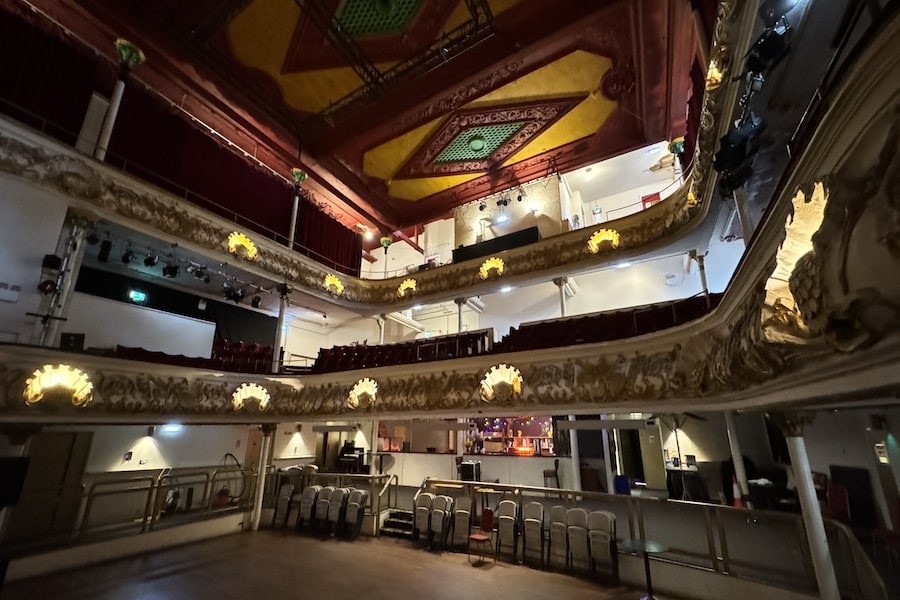
Manchester’s Nia Centre was more than just a venue—it was a cultural institution that helped foster Black talent in music, comedy, and theatre throughout the 1980s and 1990s.
Located in Hulme, the Nia Centre hosted unforgettable performances from global superstars like Nina Simone and Ziggy Marley.
Karen – It was a vital space for Black culture in Manchester, offering a platform for both emerging and established artists, there were many historic nights there, from Norman Beaton starring as King Lear to the night when a pre-teen group called Cleopatra went head to head with a teenage boy band called Damage.
Legendary Nigerian musician and the King of Afrobeats Fela Kuti also graced the stage at the Nia Centre, adding to its rich history.
Comedy nights at the venue were equally legendary, with performances from Black comedy groups such as The Posse and BIBI Crew.
It was a space where Black voices thrived, and its legacy lives on through the artists and performances it helped bring to the forefront.
Today, a mural of the late Denise Johnson—an iconic Manchester vocalist—adorns the front wall of what was once the Nia Centre, paying tribute to its cultural importance.
Marcel King: The Soulful Voice Behind Sweet Sensation
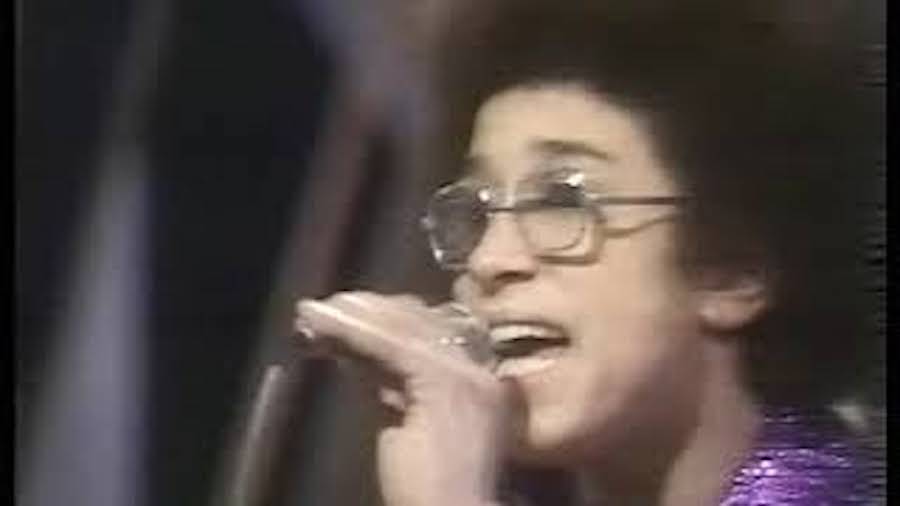
Before there was The Real Thing, there was Sweet Sensation—the UK’s first Black boy band, led by the soulful tenor of Marcel King.
Hailing from Manchester, Sweet Sensation made waves in the 1970s with their hit single Sad Sweet Dreamer, which reached number one in the UK charts in 1974.
King’s soaring vocals set him apart, and his talent was recognised by New Order’s manager, Rob Gretton, who famously claimed that King’s voice was as good as Michael Jackson’s.
After leaving Sweet Sensation, King attempted to launch a solo career, recording the track Reach for Love, with backing from Donald Johnson of A Certain Ratio and Bernard Sumner of Joy Division.
Though King’s solo efforts didn’t achieve the same level of commercial success as his time with Sweet Sensation, his influence on Manchester’s soul and R&B scenes is undeniable.
Tragically, King passed away in 1995, but his legacy as one of the city’s first Black musical pioneers remains intact.
Alan Erasmus – architect of the Hacienda and Factory records
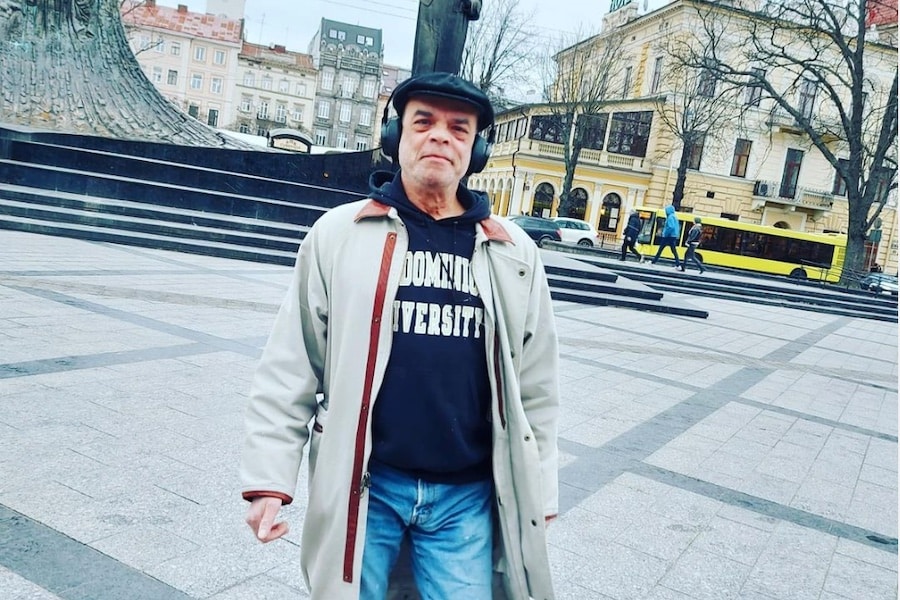
Alan Erasmus may not be the most talked-about figure in Manchester’s storied music scene. Still, his contributions as a co-founder of Factory Records and The Haçienda are nothing short of monumental.
Born on April 26, 1949, Erasmus began his acting career, appearing in 1970s productions like ITV Playhouse and Play for Today.
However, it was his involvement in the Manchester music scene in the late ’70s and ’80s that solidified his place in the city’s cultural history.
Alongside the legendary Tony Wilson, Erasmus co-founded Factory Records in 1978, a label that would go on to sign iconic Manchester bands such as Joy Division and Happy Mondays.
Factory Records wasn’t just a record label—it was a cultural movement that helped shape the sound of post-punk and Madchester, blending music, art, and a DIY ethos that influenced generations to come.
Karen said: “It baffles and saddens me that Alan Erasmus has not been given the keys to the city of Manchester.
“Erasmus was also instrumental in co-founding FACTORY Records and The Haçienda, the now-mythical nightclub that became the epicentre of the city’s vibrant nightlife during the ‘80s and early ‘90s.
“Along with Wilson, Rob Gretton, and members of New Order, Erasmus helped establish The Haçienda as a space where music, art, and club culture collided, fostering the rise of acid house and rave culture in the UK.
“Despite his massive impact on Manchester’s music history, Erasmus has always preferred to remain in the background, rarely giving interviews and shunning the limelight.
“His focus was always on the creative side, managing bands like The Durutti Column and Fast Breeder while helping to mould Factory Records’ distinct artistic vision.
“His quiet influence has helped shape not just Manchester’s music scene, but music culture worldwide.”
In recent years, Erasmus has turned his attention to philanthropy. As the war between Russia and Ukraine rages on, he has spent significant time in Ukraine, raising funds to support those affected by the conflict. His humanitarian efforts include directly assisting orphans and providing aid to communities in need.
You can keep up to date with Alan on his Instagram by clicking here
Erasmus’ commitment to Ukraine during such turbulent times showcases his enduring compassion and willingness to act in the face of crisis, highlighting another dimension of this Manchester legend.
Even today, Erasmus continues to live in Manchester, staying deeply connected to the city he helped transform. Although his name is not as widely known as some of his peers, his role in Manchester’s musical revolution and ongoing philanthropic work remains indispensable.
Recognising Manchester’s amazing black musicians
Manchester’s music scene is often associated with the likes of Joy Division, The Smiths, and Oasis, but the contributions of its Black artists are equally important, if not always recognised to the same degree.
Sub Sub featuring Melanie Williams, Rowetta, Sweet Sensation, The Ruthless Rap Assassins, Harlem Spirit, and the mighty multi-cultural bands Black Grape & Simply Red.
From Adio Marchant’s genre-bending work as Bipolar Sunshine to Sylvia Tella’s reggae hits, the city’s Black musicians have left a huge mark on both the city of Manchester and international stages.
You can check out what Manchester has going on for Black History Month by clicking here
- This article was last updated 5 months ago.
- It was first published on 28 October 2024 and is subject to be updated from time to time. Please refresh or return to see the latest version.
Did we miss something? Let us know: press@ilovemanchester.com
Want to be the first to receive all the latest news stories, what’s on and events from the heart of Manchester? Sign up here.
Manchester is a successful city, but many people suffer. I Love Manchester helps raise awareness and funds to help improve the lives and prospects of people across Greater Manchester – and we can’t do it without your help. So please support us with what you can so we can continue to spread the love. Thank you in advance!
An email you’ll love. Subscribe to our newsletter to get the latest news stories delivered direct to your inbox.
Got a story worth sharing?
What’s the story? We are all ears when it comes to positive news and inspiring stories. You can send story ideas to press@ilovemanchester.com
While we can’t guarantee to publish everything, we will always consider any enquiry or idea that promotes:
- Independent new openings
- Human interest
- Not-for-profit organisations
- Community Interest Companies (CiCs) and projects
- Charities and charitable initiatives
- Affordability and offers saving people over 20%
For anything else, don’t hesitate to get in touch with us about advertorials (from £350+VAT) and advertising opportunities: advertise@ilovemanchester.com
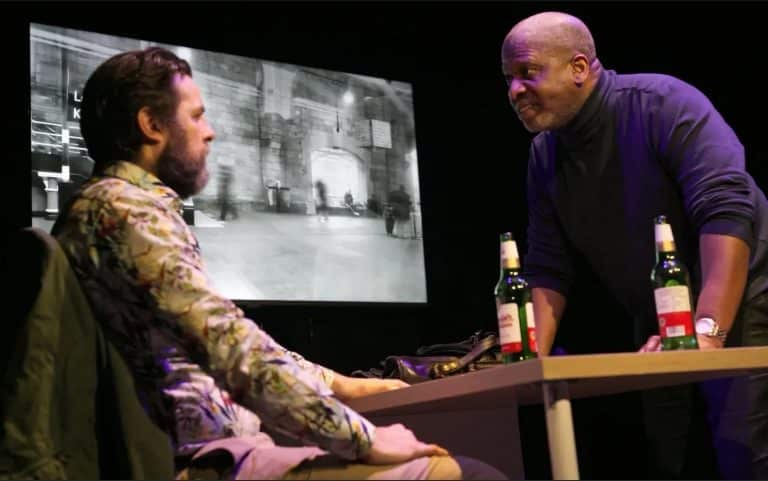
Review: The Moth at LOWRY is ‘a poignant reflection on race, war, and identity’

The welcoming space in the Northern Quarter where you can discuss death

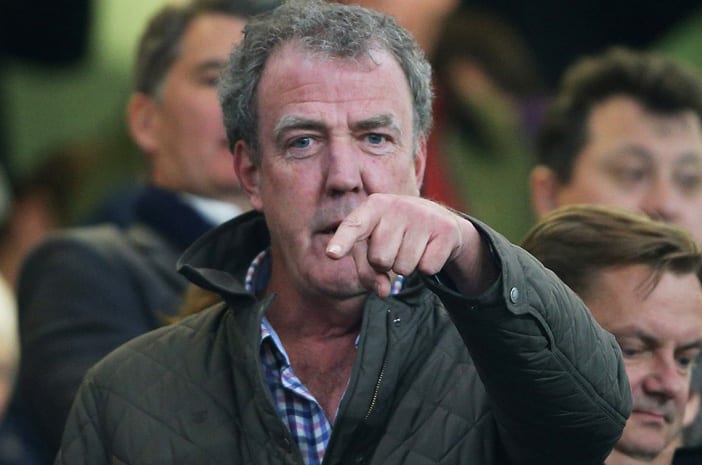
“Manchester is not Britain’s second city, it’s the first” – Jeremy Clarkson
